If you're experiencing issues with your kitchen sink draining properly, you're not alone. This is a common problem that many homeowners face, and there are a variety of factors that can contribute to it. Here are some of the most common causes of kitchen sink draining issues: 1. Grease and Food Build-Up One of the main reasons why kitchen sinks become clogged is because of grease and food build-up. When you pour oils and fats down your sink, they can solidify and create a sticky residue that can trap other food particles and lead to clogs. To prevent this from happening, make sure to properly dispose of grease and food scraps in the trash or compost bin. 2. Foreign Objects Sometimes, objects like utensils or small toys can accidentally fall into the sink and cause a blockage. If you suspect that this may be the case, try using a flashlight to look down the drain and see if you can spot any objects. If you can, carefully remove them with tongs or a wire hanger. 3. Old or Damaged Pipes Over time, pipes can become corroded or damaged, which can cause them to narrow and restrict water flow. This can lead to slow-draining sinks and even complete blockages. If you have older pipes, it may be time to have them replaced to prevent further issues. 4. Incorrect Installation If your kitchen sink was not installed properly, it can lead to draining issues. For example, if the pipes are not angled correctly, water may not flow out properly and can cause clogs. It's important to have a professional plumber install your sink to ensure it is done correctly. 5. Sewer Line Issues In some cases, kitchen sink draining issues may be caused by problems with the main sewer line. This can be due to tree roots, clogs, or other obstructions in the line. If you suspect this may be the case, it's best to call a plumber to assess and fix the issue.Common Causes of Kitchen Sink Draining Issues
Dealing with a slow-draining kitchen sink can be frustrating, but luckily there are a few methods you can try to improve the situation: 1. Use a Plunger A plunger can be a useful tool for unclogging a slow-draining sink. Simply place the plunger over the drain and push down and up a few times to create suction and hopefully remove the blockage. 2. Try a Homemade Drain Cleaner If you don't have a plunger on hand, you can try using a mixture of baking soda and vinegar to break up any clogs in your drain. Pour a cup of baking soda down the drain, followed by a cup of vinegar. Let it sit for about 15 minutes before flushing with hot water. 3. Use a Drain Snake If the above methods don't work, you may need to use a drain snake to remove the clog. This long, flexible tool can reach deep into your pipes to break up and remove any obstructions. 4. Call a Plumber If none of these methods work, it's best to leave it to the professionals. A plumber will have the necessary tools and expertise to effectively unclog your kitchen sink and prevent further issues.How to Fix a Slow-Draining Kitchen Sink
Preventing kitchen sink drain clogs is much easier than dealing with them. Here are some tips to help keep your drains flowing smoothly: 1. Avoid Pouring Grease Down the Drain As mentioned earlier, grease can quickly solidify and cause clogs in your sink. Instead of pouring it down the drain, let it cool and dispose of it in the trash. 2. Use a Drain Strainer Investing in a drain strainer can help prevent food scraps and other debris from getting into your pipes. Simply place it over the drain and empty it out after each use. 3. Run Hot Water Running hot water down your sink after using it can help prevent grease and other substances from solidifying in your pipes. It can also help to flush out any small particles that may cause clogs. 4. Avoid Putting Certain Foods Down the Disposal Not all foods are meant to be put down the garbage disposal. Fibrous foods like celery and potato peels, as well as starchy foods like pasta and rice, can cause clogs and should be disposed of in the trash instead. 5. Schedule Regular Drain Cleanings Having your drains professionally cleaned on a regular basis can help prevent clogs and keep your kitchen sink draining smoothly. A plumber can also identify any potential issues and address them before they become major problems.5 Tips for Preventing Kitchen Sink Drain Clogs
If your kitchen sink is starting to drain slowly or is giving off unpleasant odors, it may be time to clean your drain. Here are some other signs that your drain may need attention: 1. Water Backs Up Into the Sink If water is coming back up into your sink when you run the dishwasher or use the garbage disposal, it may be a sign of a clogged drain. 2. Gurgling Noises If you hear gurgling noises coming from your sink or pipes, it could be due to air trying to escape from a clog in the drain. 3. Foul Odors If your kitchen sink is giving off unpleasant smells, it could be due to food particles or other debris trapped in the drain. A thorough cleaning can help eliminate these odors. 4. Water Drains Slowly A slow-draining sink is a clear indication that there is a clog in your drain. It's best to address it as soon as possible to prevent it from getting worse.Signs That Your Kitchen Sink Drain Needs to Be Cleaned
If you prefer to use natural methods to clean your drain, you can try using baking soda and vinegar to unclog your kitchen sink: 1. Pour 1 cup of baking soda down the drain. 2. Follow it with 1 cup of vinegar. 3. Let it sit for about 15 minutes. 4. Pour a pot of hot water down the drain to flush out any remaining debris. This method may not work for more stubborn clogs, but it's worth a try before resorting to harsh chemical drain cleaners.How to Unclog a Kitchen Sink with Baking Soda and Vinegar
There are many potential reasons why your kitchen sink may be draining slowly. Some of the most common causes include: 1. Clogged Drain This is the most obvious reason, and usually the easiest to fix. As mentioned earlier, clogs can be caused by food, grease, and other debris that gets stuck in the pipes. 2. Damaged Pipes If your pipes are old or damaged, they may be restricting water flow and causing your sink to drain slowly. In this case, it's best to have them replaced by a professional plumber. 3. Hard Water Build-Up Hard water contains minerals that can collect and build up in your pipes, leading to reduced water flow. A water softening system can help prevent this from happening. 4. Sewer Line Issues If your kitchen sink is the only drain in your home that is draining slowly, it may be due to a problem with the main sewer line. This will require the help of a professional plumber to fix.Why Is My Kitchen Sink Draining Slowly?
Using a plunger can be an effective way to unclog a kitchen sink. Here's how to do it: 1. Place the plunger over the drain and press down firmly. 2. Pull up and down a few times to create suction. 3. If the water starts to drain, continue plunging until the clog is completely cleared. 4. If the water doesn't drain, try adding more water to the sink and plunging again. 5. If the clog still doesn't clear, you may need to try another method or call a plumber.How to Use a Plunger to Unclog a Kitchen Sink
If your kitchen sink is completely clogged and water is not draining at all, you may need to take more drastic measures to fix it. Here's what you can try: 1. Use a Plunger As mentioned earlier, a plunger can be an effective tool for unclogging a sink. Make sure to use a plunger specifically designed for sinks, as it will have a flat bottom that can create a better seal. 2. Use a Drain Snake A drain snake, also known as a plumber's snake, is a long, flexible tool that can reach deep into your pipes to break up and remove clogs. You can purchase one at your local hardware store or rent one from a home improvement store. 3. Try Chemical Drain Cleaners If the above methods don't work, you can try using a chemical drain cleaner. However, these can be harsh and potentially damaging to your pipes, so use with caution and follow the instructions carefully. 4. Call a Plumber If all else fails, it's best to call a plumber to properly diagnose and fix the issue. They will have the necessary tools and expertise to remove the clog and get your sink draining properly again.How to Clear a Clogged Kitchen Sink Drain
It's not uncommon for kitchen sink drains to emit unpleasant odors, especially if there is food or grease trapped inside. Here are some tips to help prevent these odors: 1. Use a Garbage Disposal A garbage disposal can help break up food particles and prevent them from building up and causing odors. Just make sure to use it properly and avoid putting in certain foods that can cause clogs. 2. Use Baking Soda and Vinegar As mentioned earlier, a mixture of baking soda and vinegar can help break up and eliminate odors in your kitchen sink drain. 3. Use a Drain Cover A drain cover can help prevent food scraps and other debris from getting into your pipes, which can lead to unpleasant odors. Remember to clean the cover regularly to prevent build-up. 4. Run Hot Water Running hot water down your sink after each use can help flush out any food particles and prevent them from causing odors.How to Prevent Kitchen Sink Drain Odors
In addition to the causes of kitchen sink draining issues mentioned earlier, there are also common mistakes that homeowners make that can contribute to these problems. Here are a few to avoid: 1. Pouring Grease Down the Drain We've mentioned this a few times already, but it's worth repeating. Pouring grease down your sink can lead to major clogs and should always be avoided. 2. Not Running Enough Water Running water while using the garbage disposal or after pouring something down the drain can help flush out any remaining food particles and prevent clogs. Make sure to run water for at least 15-20 seconds after each use. 3. Using Harsh Chemicals Chemical drain cleaners can be effective, but they can also be harsh and damaging to your pipes. Avoid using them too frequently and always follow the instructions carefully. 4. Not Using a Drain Strainer A drain strainer can help prevent food scraps and other debris from getting into your pipes and causing clogs. Make sure to use one and clean it regularly to prevent build-up. By understanding the common causes of kitchen sink draining issues and how to prevent them, you can keep your sink functioning properly and avoid costly repairs in the future. Remember to regularly clean and maintain your drains to prevent clogs and keep your kitchen running smoothly.Common Mistakes That Cause Kitchen Sink Drain Problems
Kitchen Sink Draining Issues: Causes and Solutions

Is your kitchen sink draining slowly? Are you constantly dealing with clogged pipes and standing water in your sink? You're not alone. Kitchen sink draining issues are a common problem that many homeowners face. But what exactly causes these issues and how can you solve them? Let's take a closer look.

There are several potential causes for kitchen sink draining issues, including grease buildup, food particles, and foreign objects getting stuck in the pipes. Over time, these substances can accumulate and create a blockage, leading to slow draining or even a complete clog. Additionally, if your home has old plumbing, it may be prone to corrosion or cracks, which can also affect the proper drainage of your sink.
One of the main culprits of kitchen sink draining issues is grease buildup . When we wash dishes, pots, and pans, leftover grease and oils can easily go down the drain and stick to the pipes. As these substances cool down, they solidify and form a sticky layer, trapping other debris and causing a blockage. To prevent this, make sure to properly dispose of grease and oils by wiping them off with a paper towel and throwing them in the trash.
Food particles are another common cause of kitchen sink draining issues. Even small bits of food can accumulate in the pipes and create a barrier, preventing proper water flow. To avoid this, it's essential to use a sink strainer to catch any food particles before they go down the drain. You can also run hot water down the drain after each use to help dissolve any remaining food bits.
In some cases, foreign objects can also cause kitchen sink draining issues. This can include anything from a lost piece of jewelry to a child's toy. If you suspect there may be a foreign object stuck in your pipes, it's best to call a professional plumber to safely remove it.
To prevent kitchen sink draining issues, it's important to practice good maintenance habits. Regularly clean your sink and pipes, and avoid putting anything down the drain that could potentially cause a blockage. If you have an older home, it may also be a good idea to have a plumber inspect your plumbing system for any potential issues.
In conclusion, kitchen sink draining issues can be frustrating, but they are not uncommon. By understanding the potential causes and taking preventative measures, you can keep your kitchen sink draining smoothly and avoid any major plumbing problems.






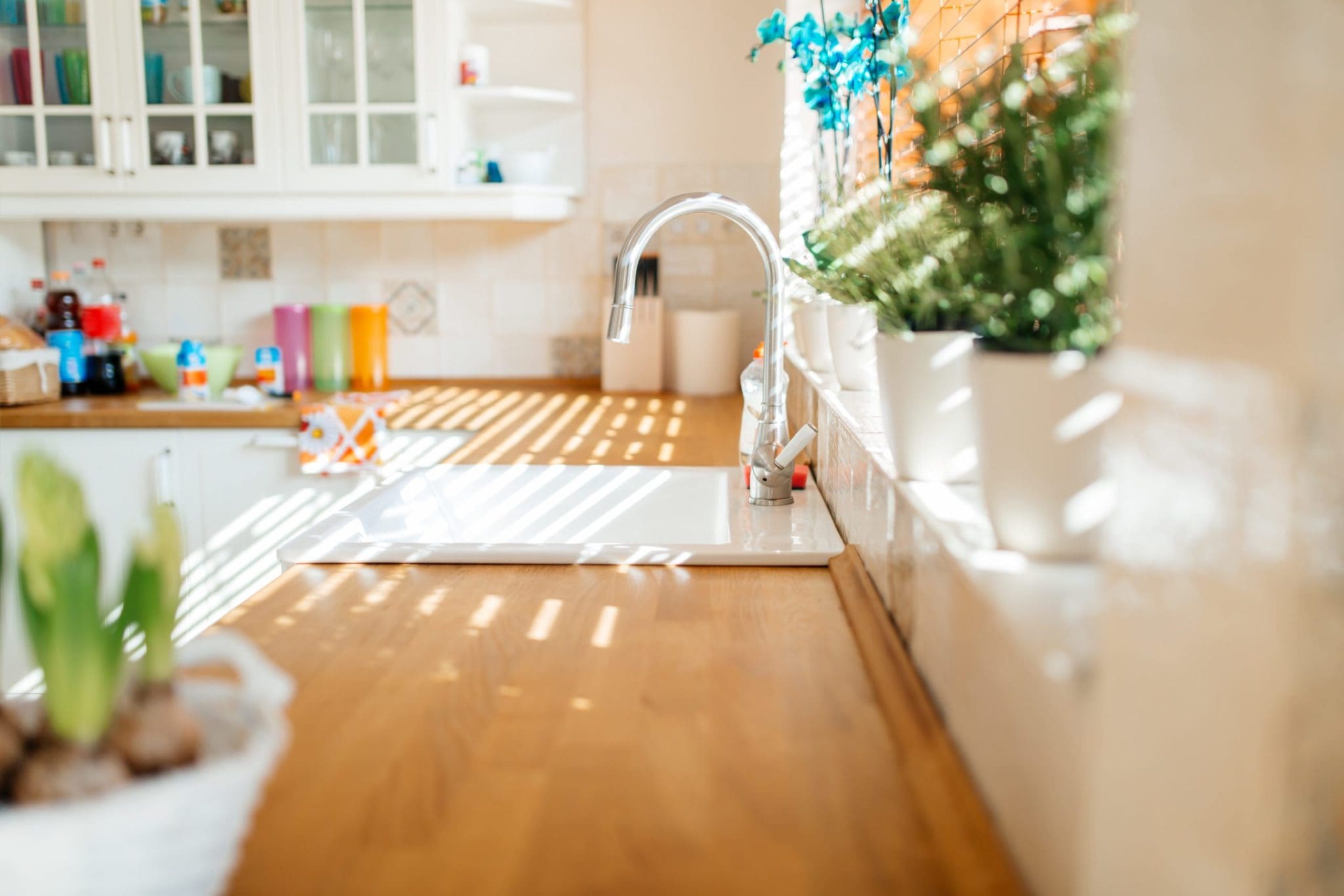

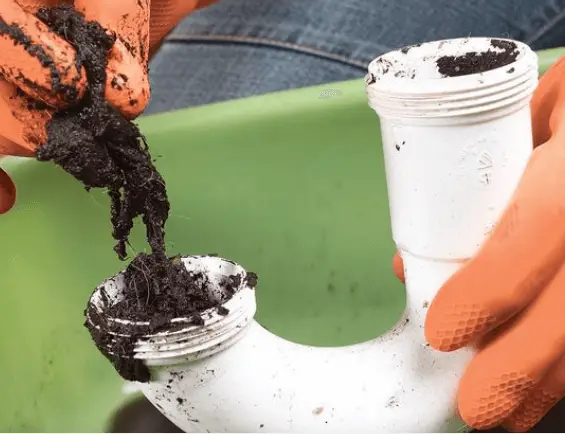













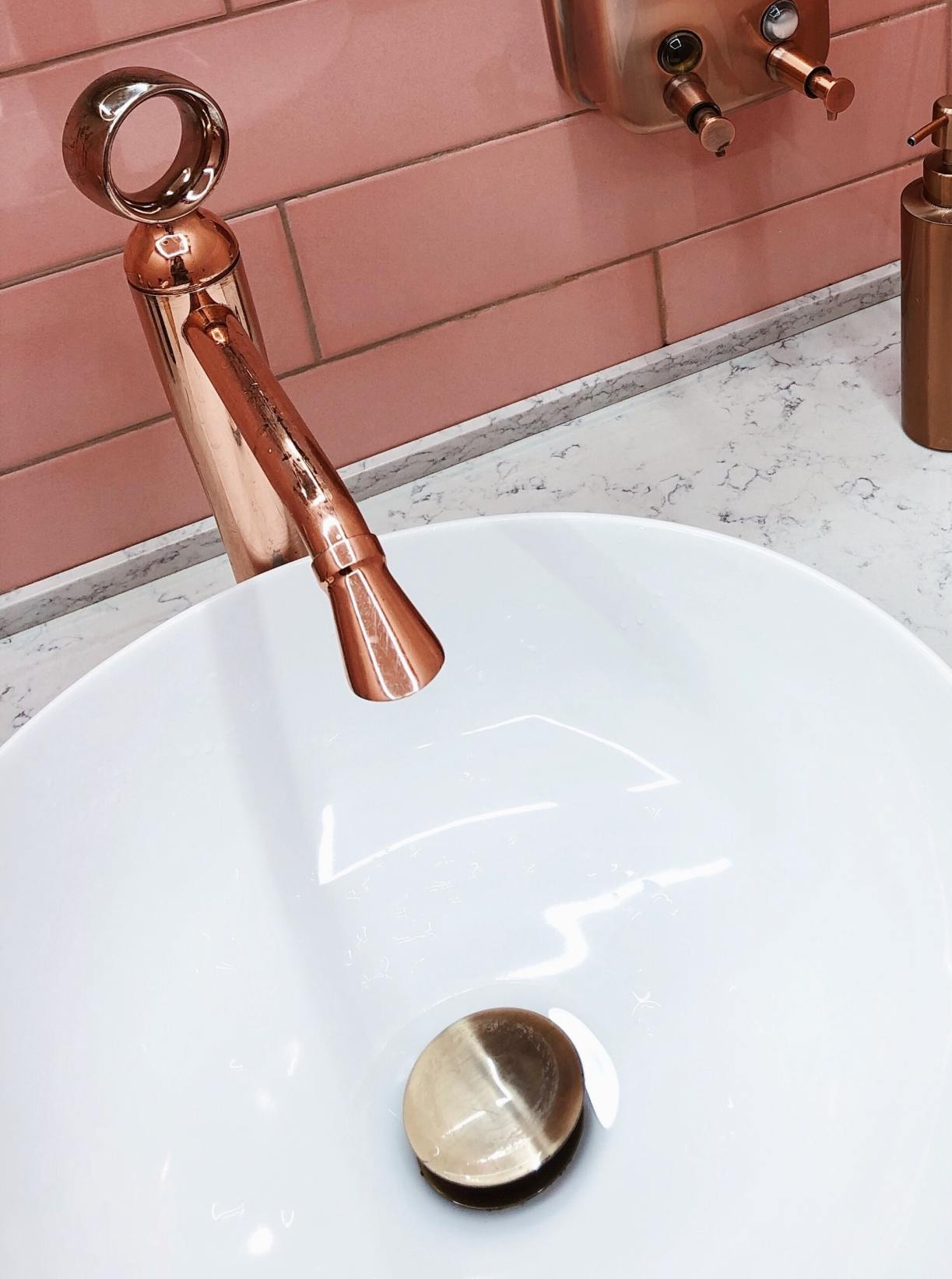



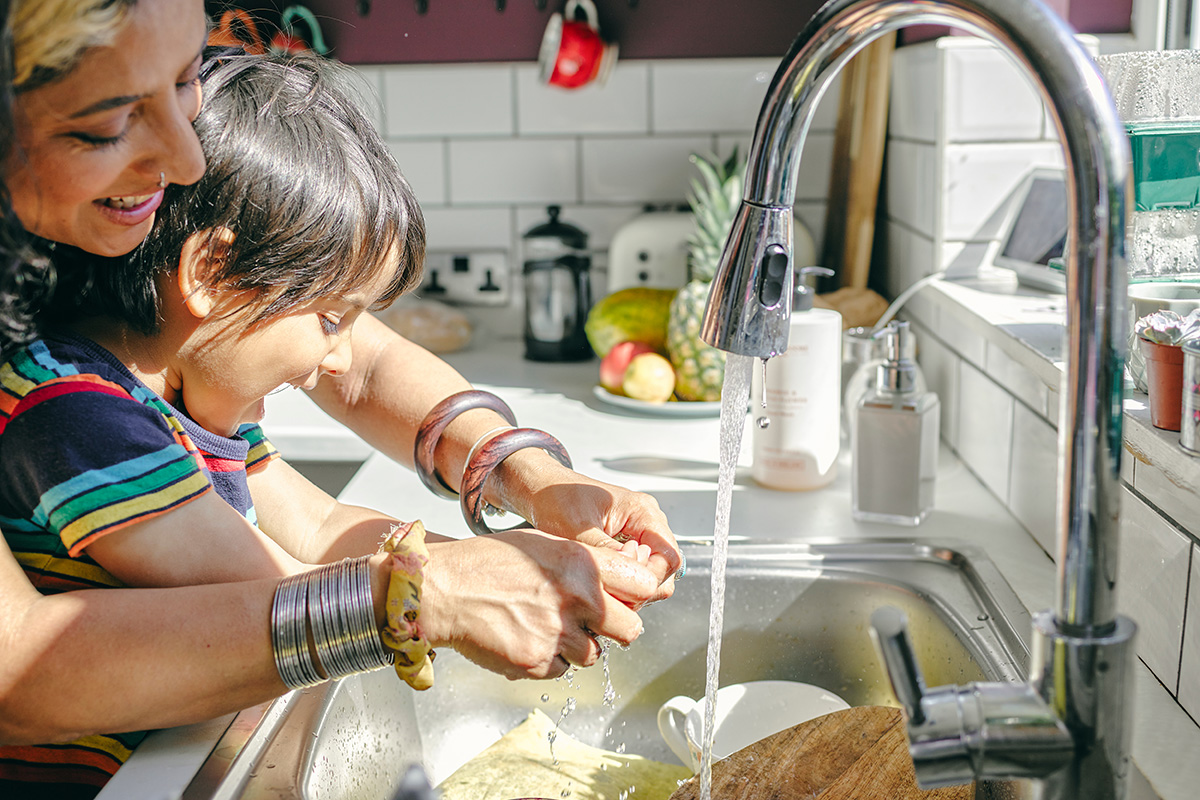




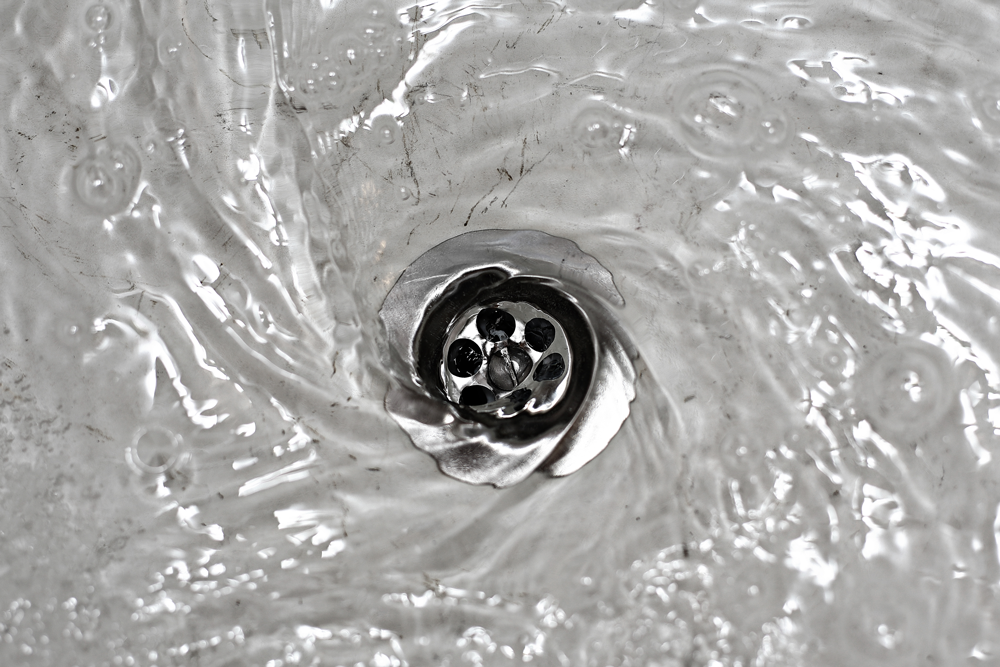

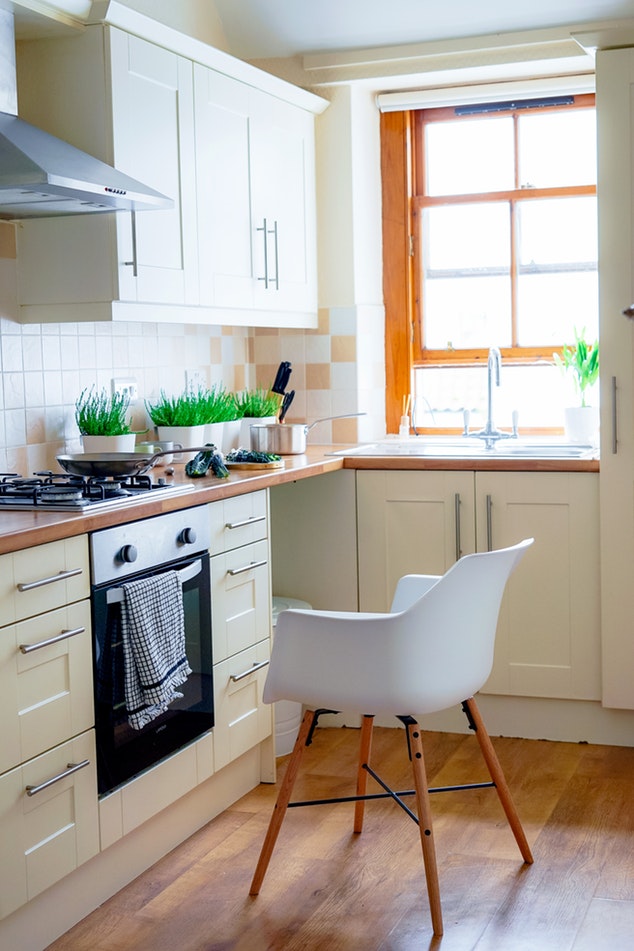


:strip_icc()/how-to-clean-a-kitchen-sink-and-drain-01-5660035-a1d8afe3894346f9a579e66c55e64b7d.jpg)


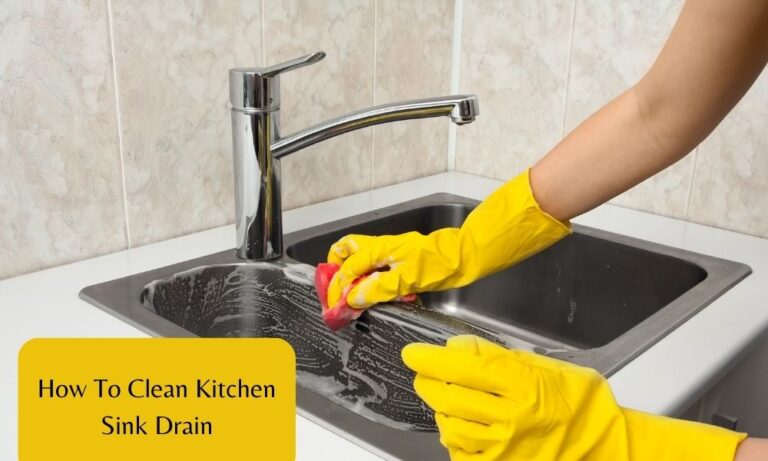
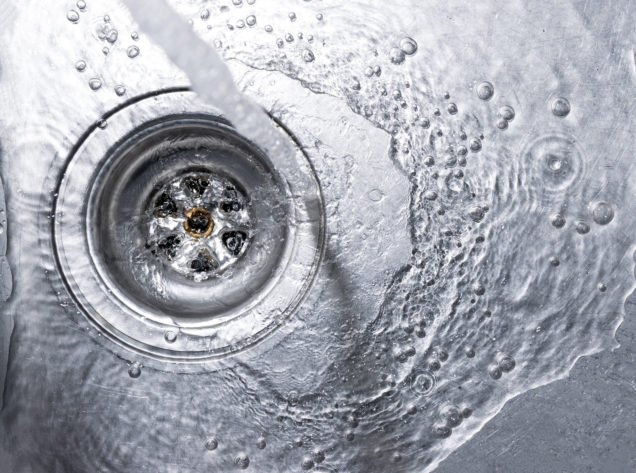







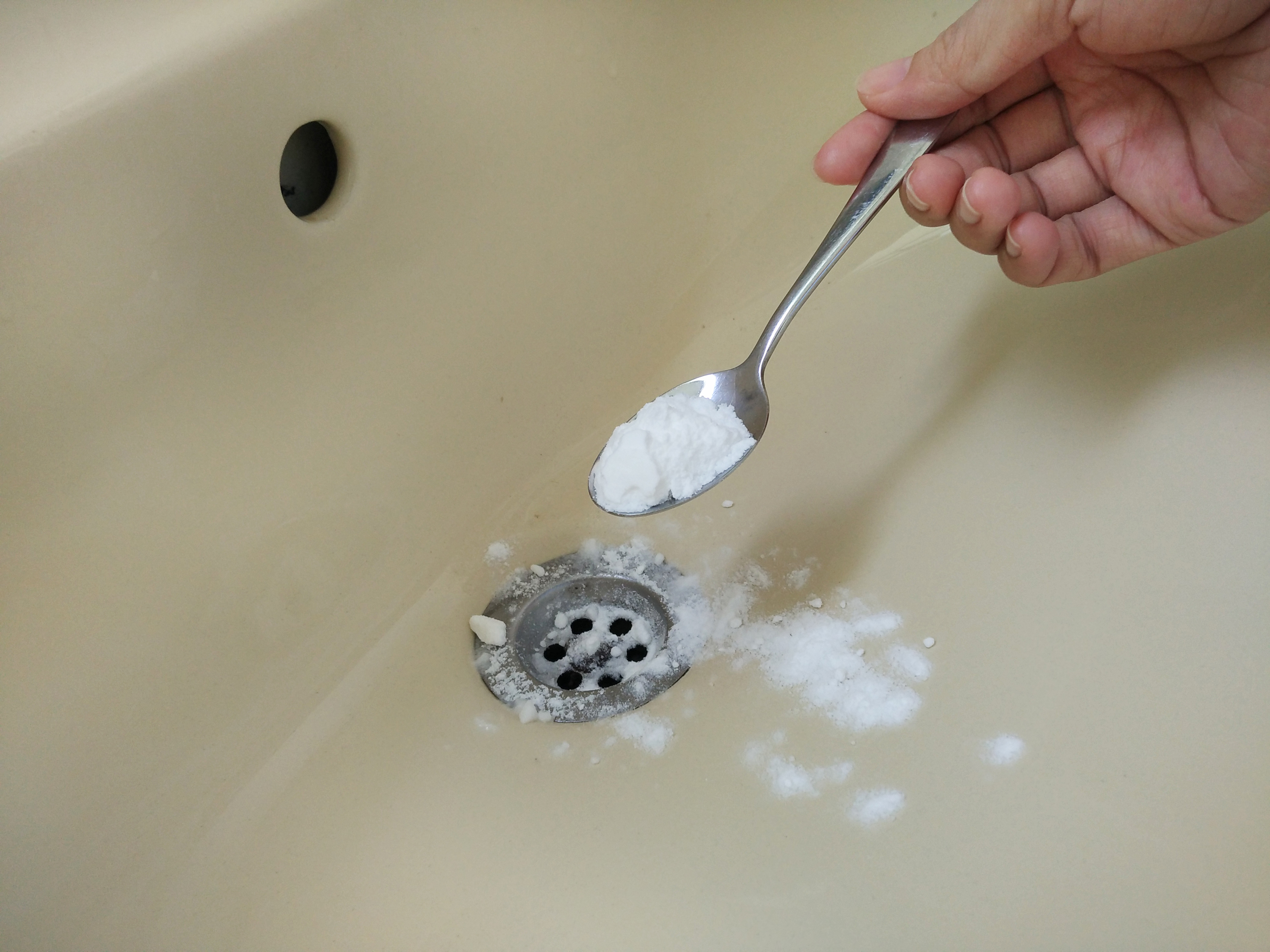
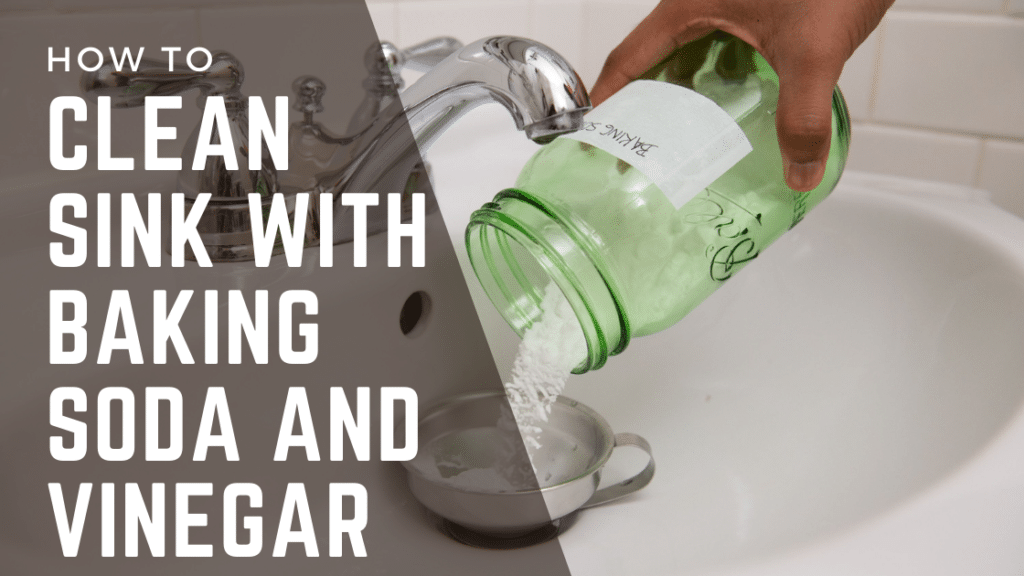

:max_bytes(150000):strip_icc()/freshen-and-unclog-drain-with-baking-soda-1900466-17-20179d73b7a2455797ebc6a5f5bf7479.jpg)
:max_bytes(150000):strip_icc()/freshen-and-unclog-drain-with-baking-soda-1900466-22-bbf940b70afa4d5abef0c54da23b1d3f.jpg)

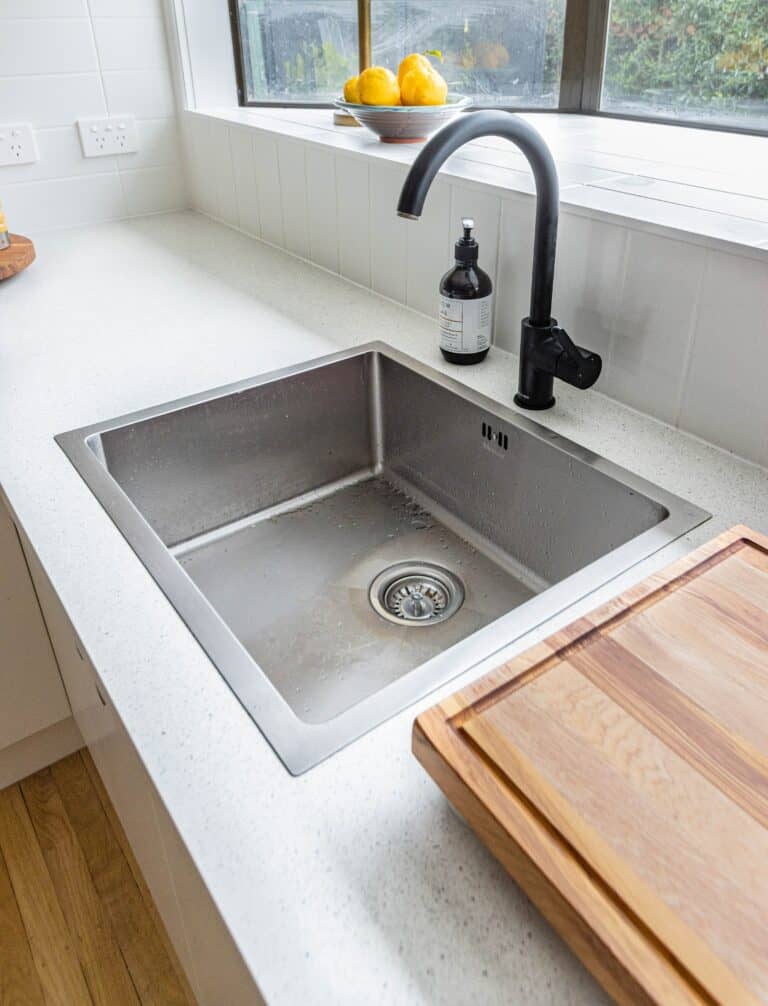

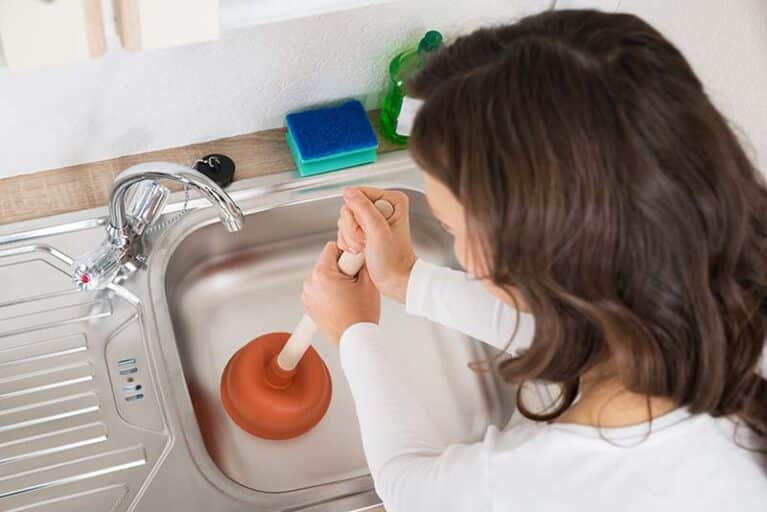

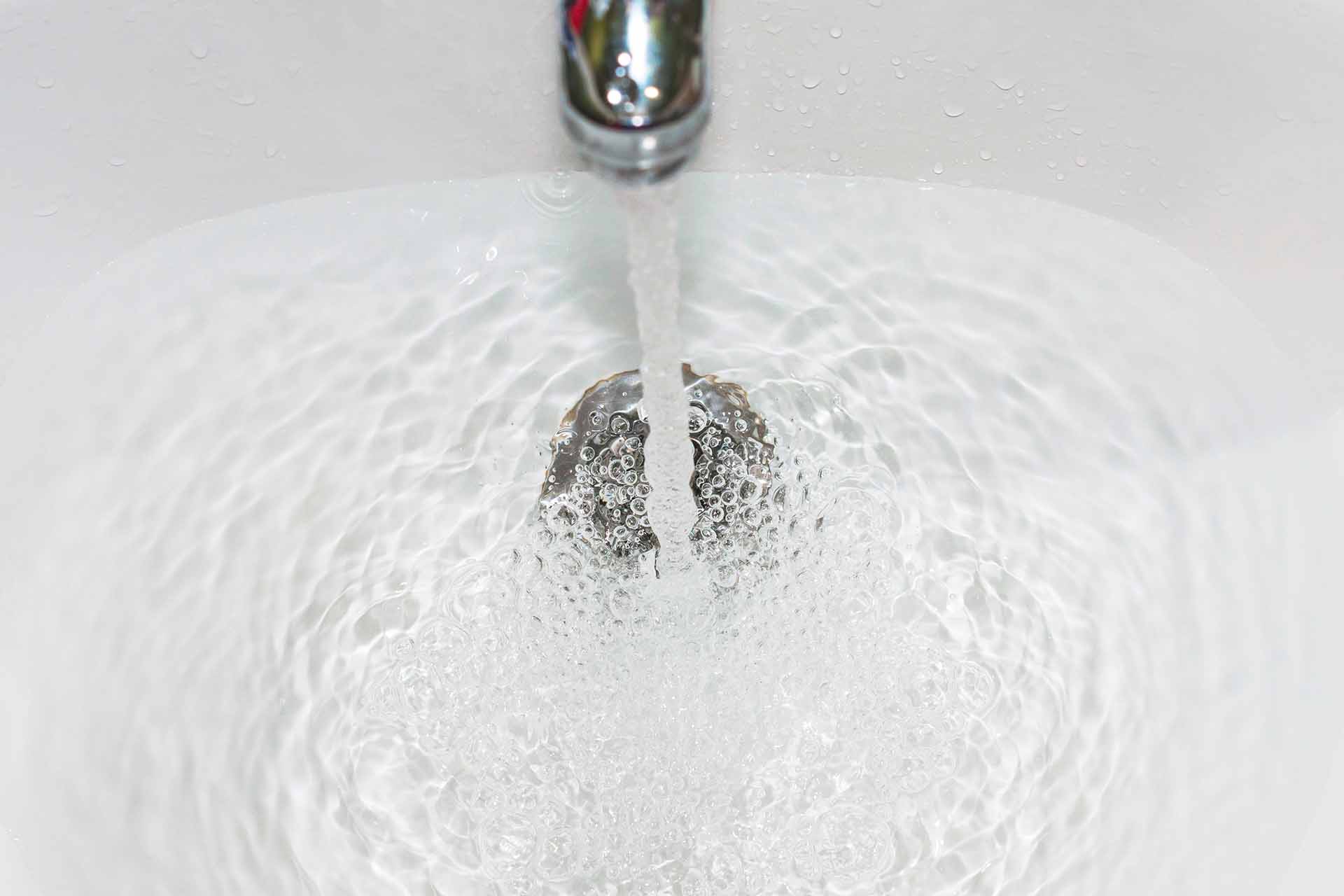


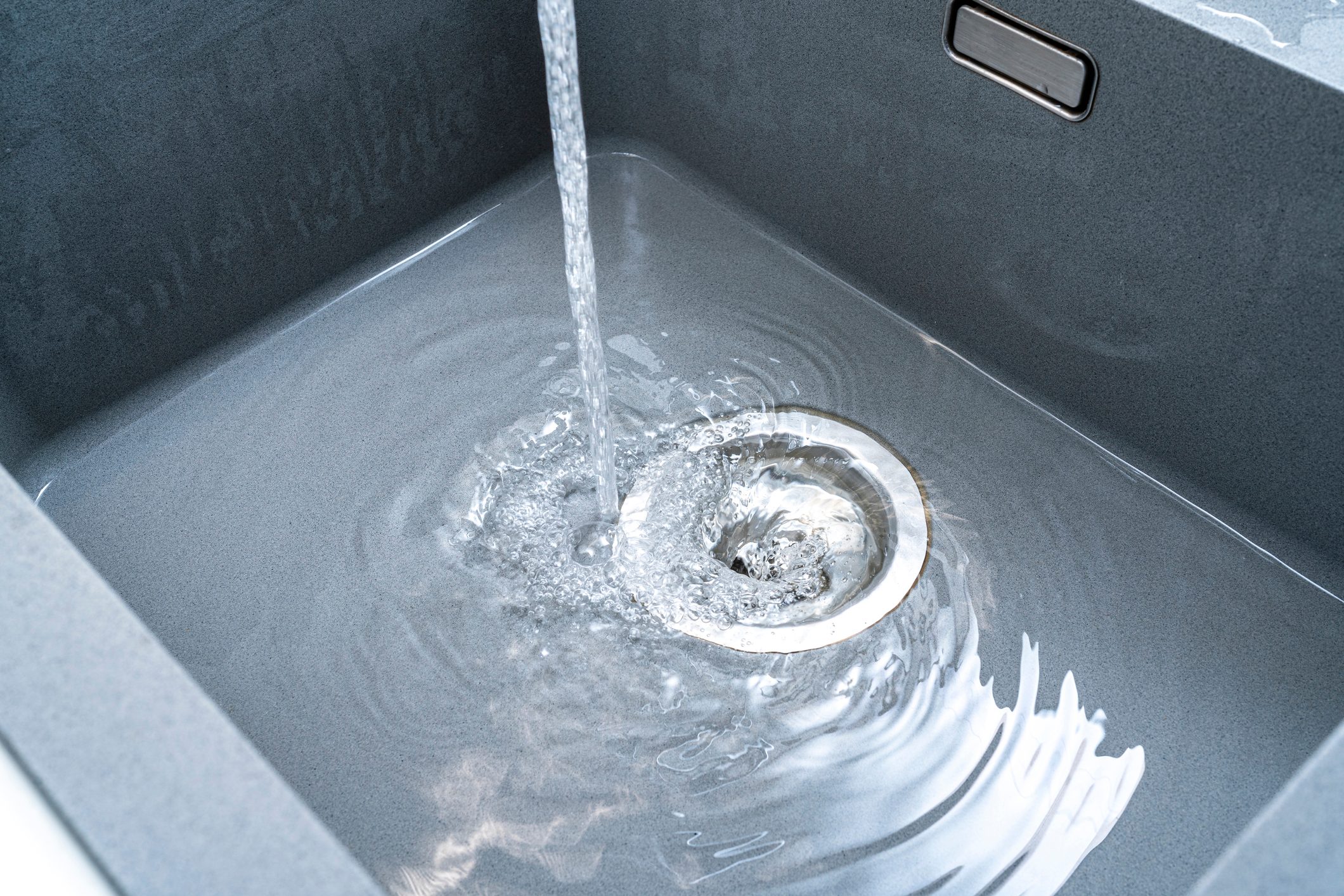





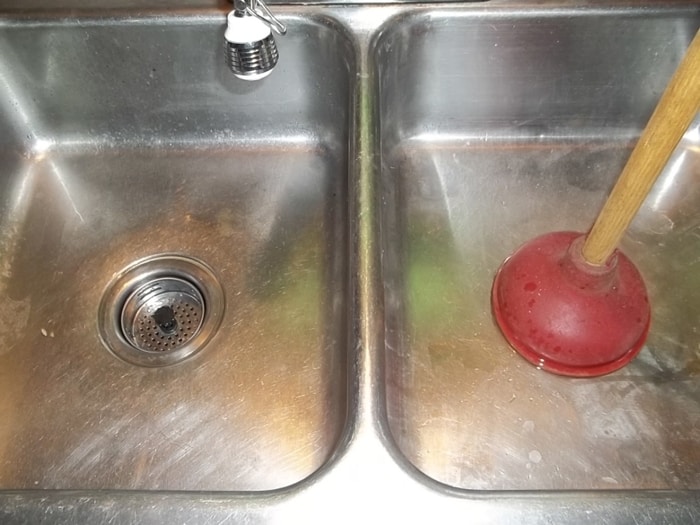
:max_bytes(150000):strip_icc()/unclogging-a-toilet-with-a-plunger-2719030_final_horizontal_10_18-d33deec2a8084e289a5427c6745a0d32.png)
/woman-wearing-yellow-washing-up-gloves-to-unblock-sink-using-plunger-close-up-131987463-5887cfc03df78c2ccd92ec9e.jpg)


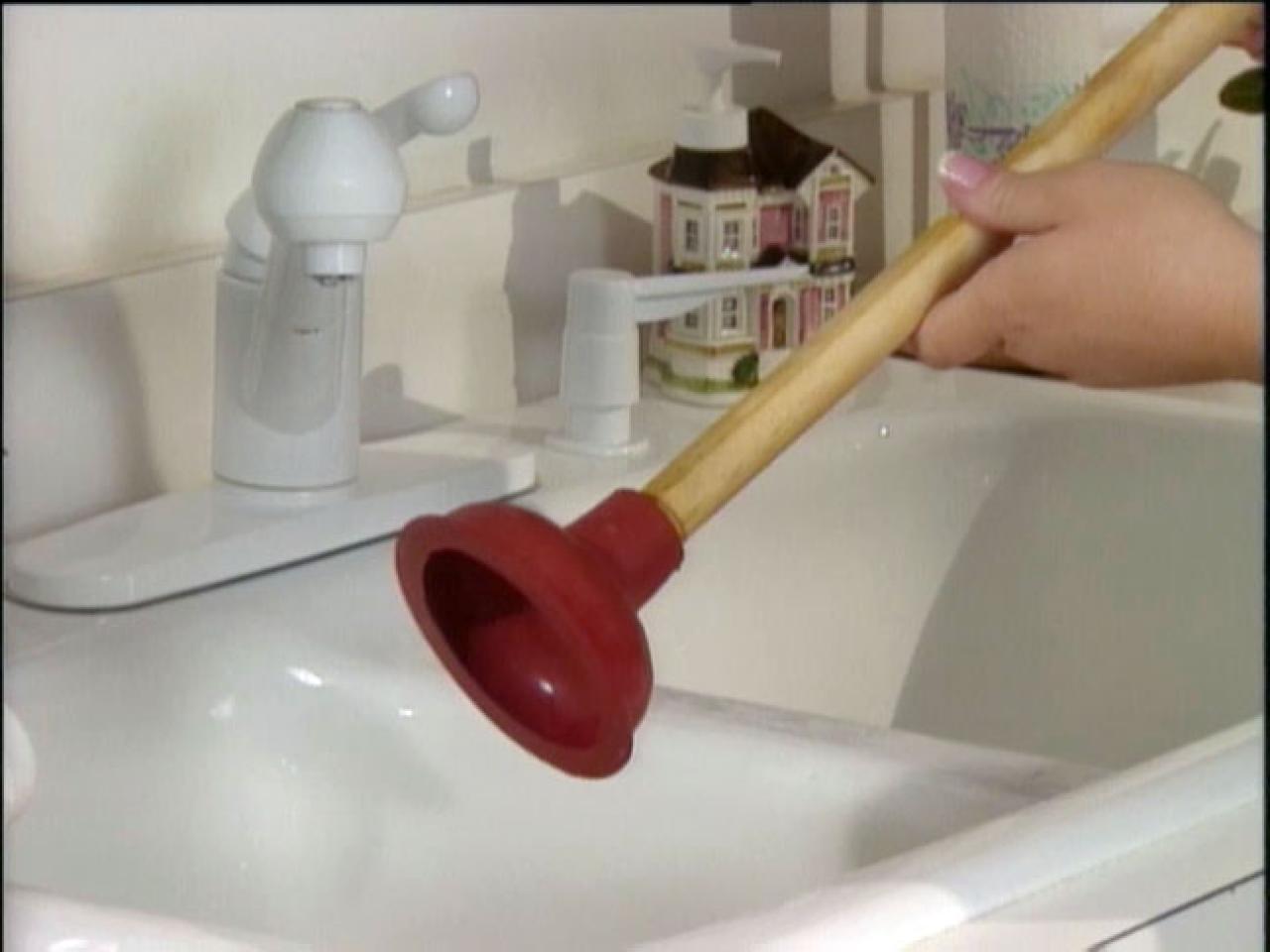
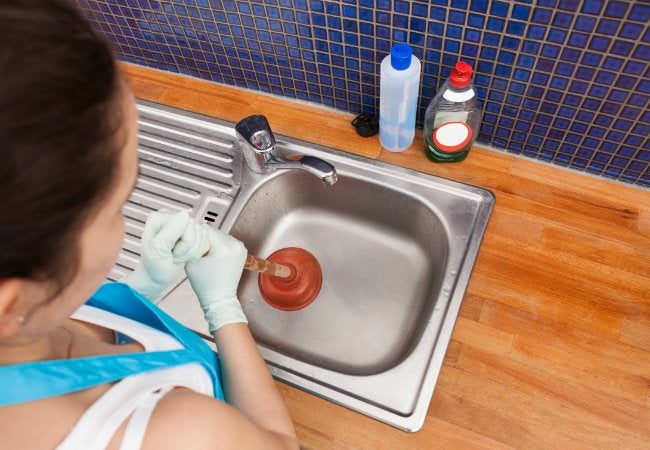












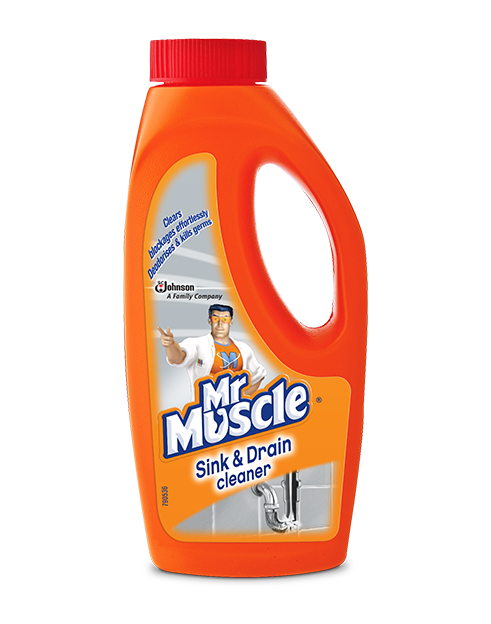






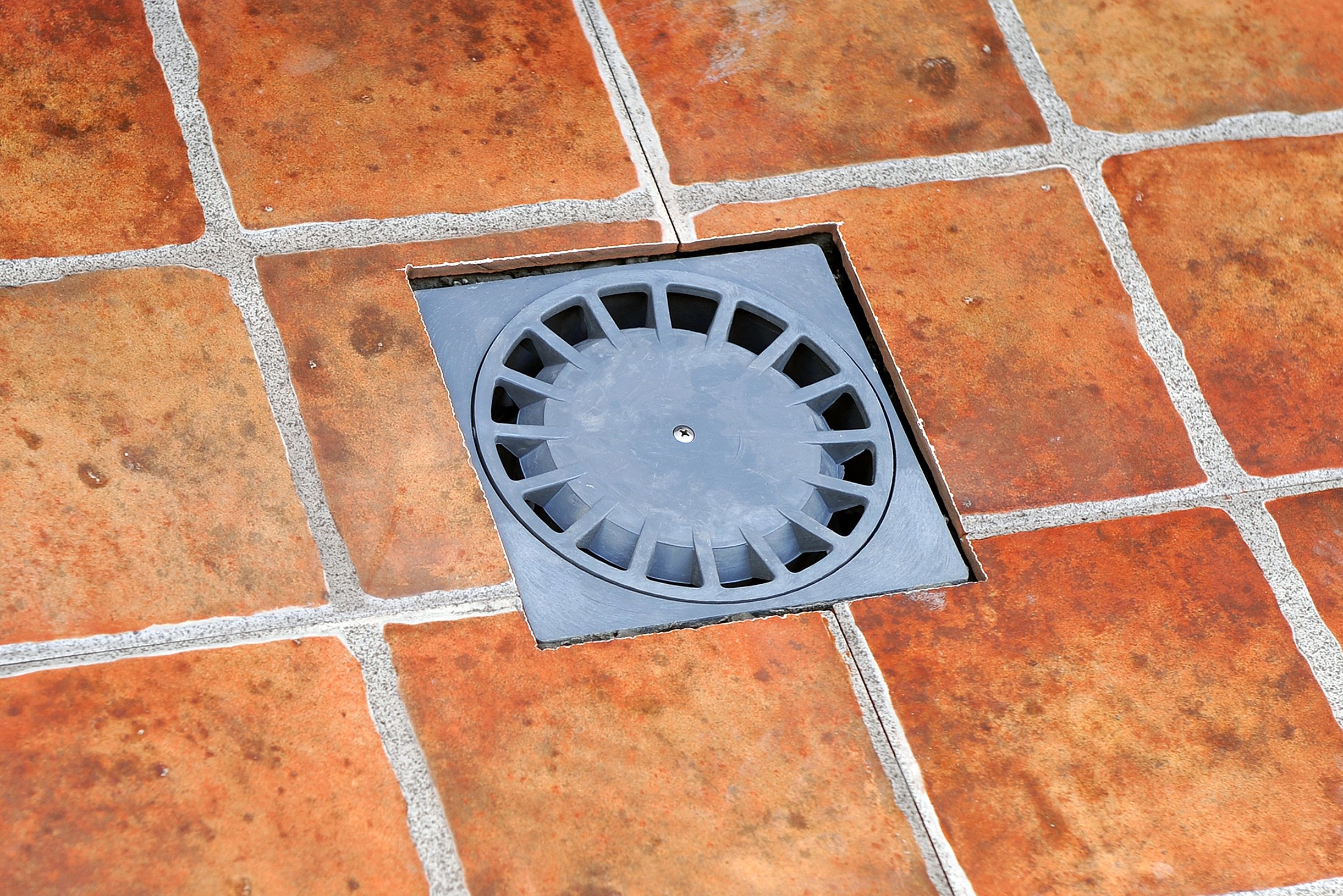

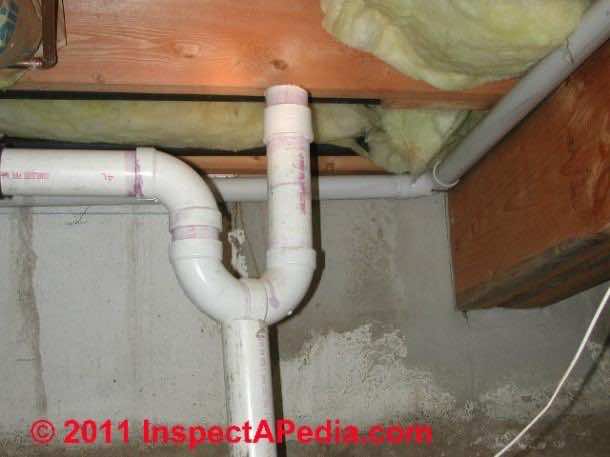





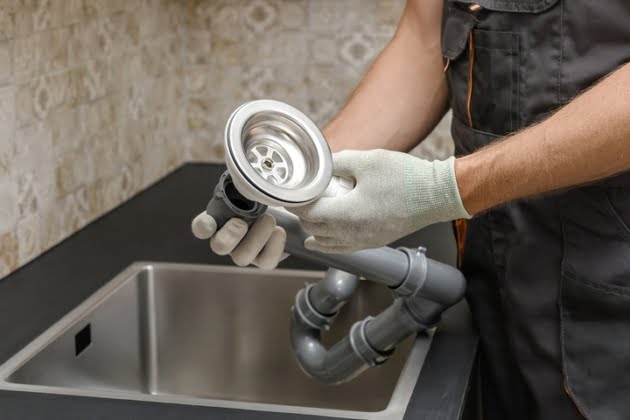

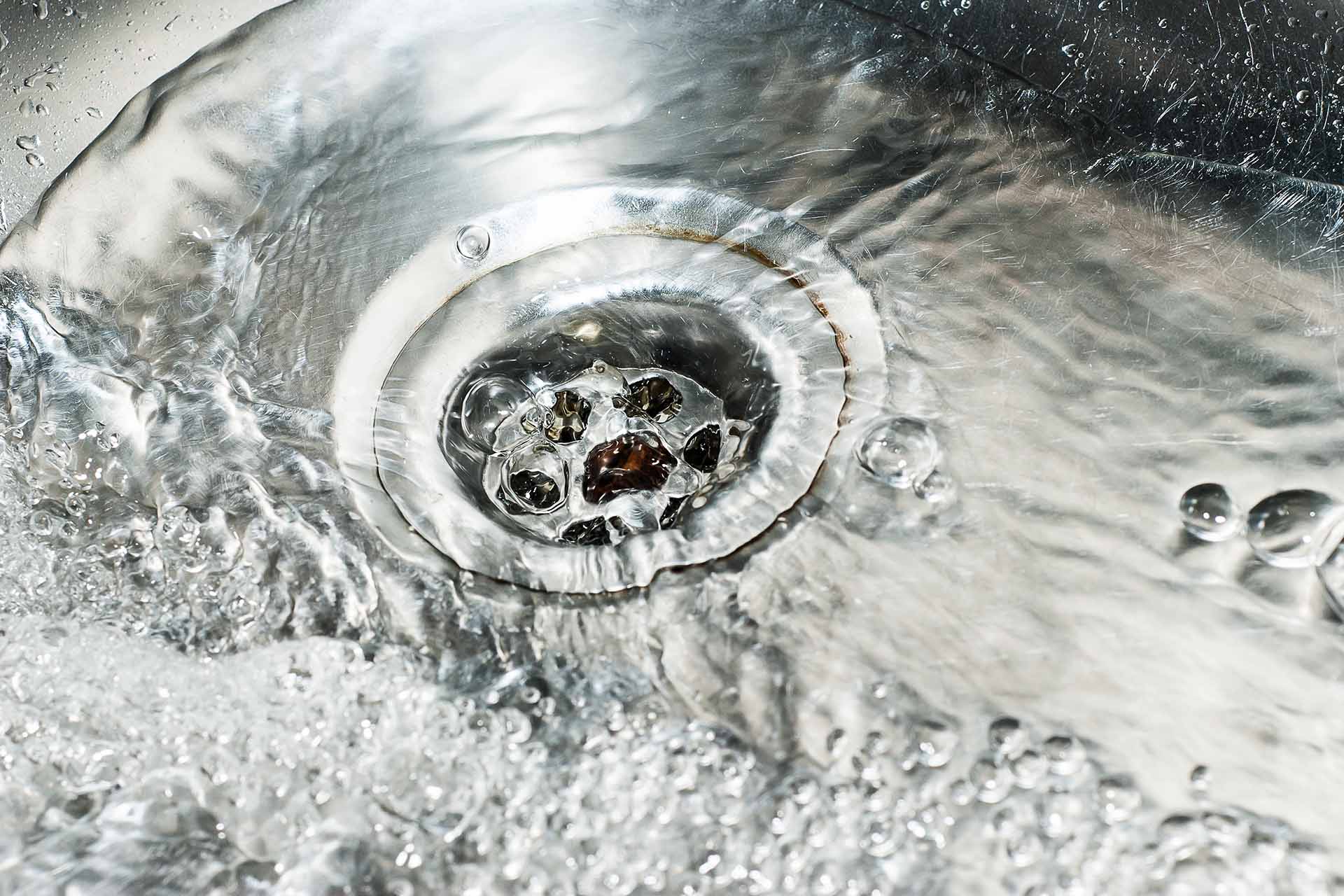

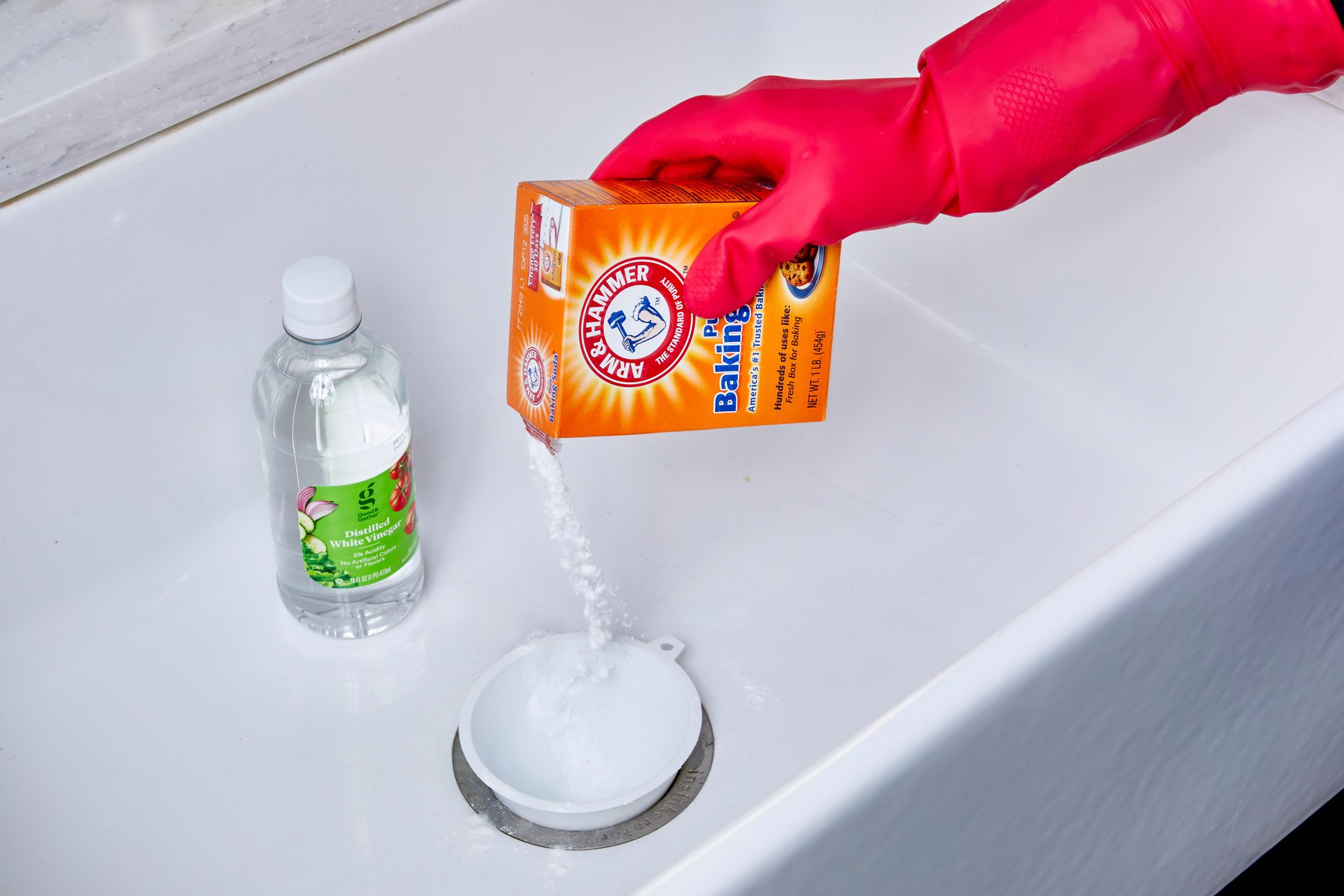
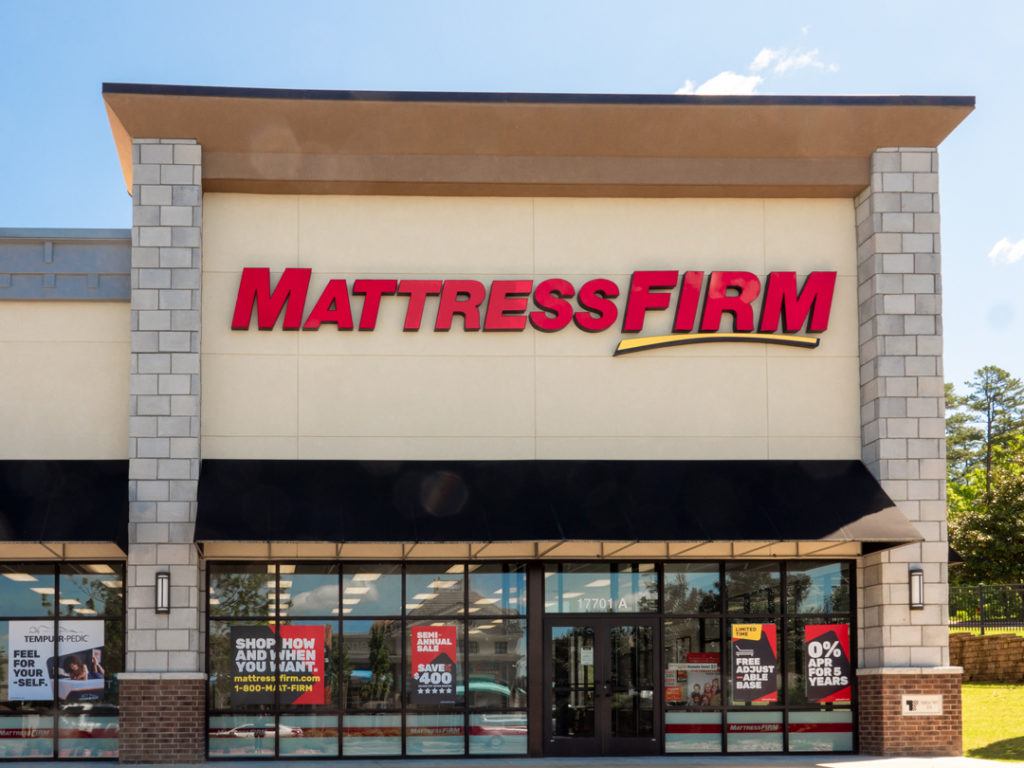

:max_bytes(150000):strip_icc()/beaches-cream-disney-ice-cream-recipe-DISNEYCREAM0520-2dff832c7c5849969ccdb4a483549bce.jpg)



